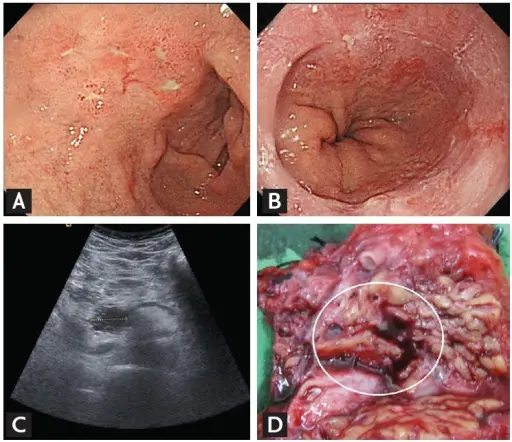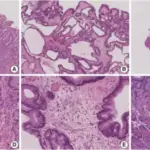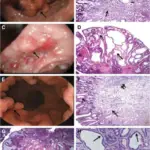Zollinger-Ellison syndrome is a rare digestive disorder that results in too much gastric acid. This excess gastric acid can cause peptic ulcers in your stomach and intestine.
What is the Pathology of Zollinger-Ellison Syndrome?
The pathology of Zollinger-Ellison syndrome is:
-Etiology: The cause of Zollinger-Ellison syndrome is tumors.
-Genes involved: MEN1 mutations.
-Pathogenesis: The sequence of events that lead to Zollinger-Ellison syndrome are condition in which one or more tumors form in your pancreas or the upper part of your small intestine duodenum. These tumors, called gastrinomas, secrete large amounts of the hormone gastrin, which causes your stomach to produce too much acid.
-Histology: The histology associated with Zollinger-Ellison syndrome shows that the cells are arranged in a solid, trabecular, gyriform, or glandular pattern, with fairly uniform nuclei, salt-and-pepper chromatin, and finely granular cytoplasm. As with other pancreatic NETs, the degree of malignancy cannot be predicted by morphologic appearance alone.
How does Zollinger-Ellison Syndrome Present?
Patients with Zollinger-Ellison syndrome typically all sexes at age range of 20 to 50 years. The symptoms, features, and clinical findings associated with Zollinger-Ellison syndrome include nausea, vomiting, weight loss, diarrhea, abdominal pain and severe heartburn.
How is Zollinger-Ellison Syndrome Diagnosed?
Zollinger-Ellison syndrome is diagnosed by: blood test to look for high levels of gastrin.
How is Zollinger-Ellison Syndrome Treated?
Zollinger-Ellison syndrome is treated by removing as much of the tumor as possible.
What is the Prognosis of Zollinger-Ellison Syndrome?
The prognosis of Zollinger-Ellison syndrome (ZES) is good. In most people with ZES, tumors grow slowly and don’t spread quickly. If you can manage the ulcers, you can enjoy good quality of life.



